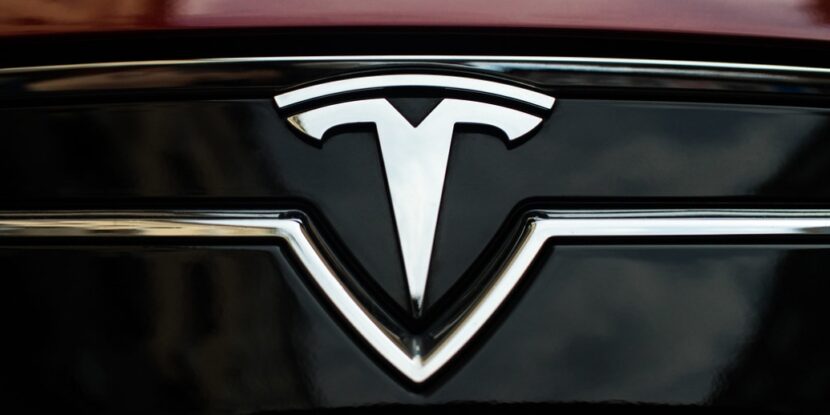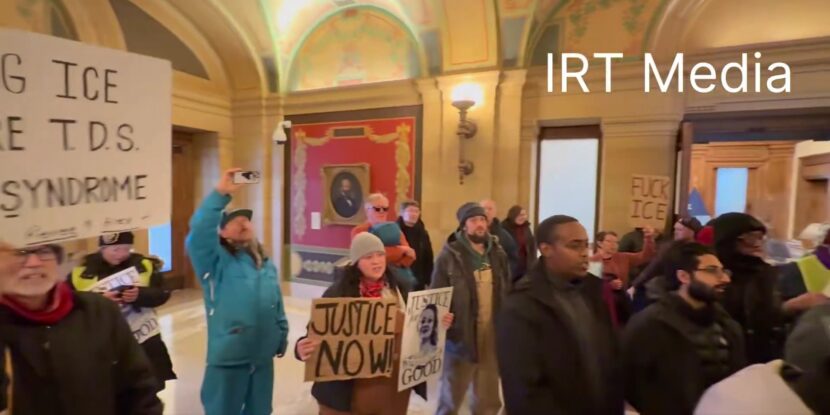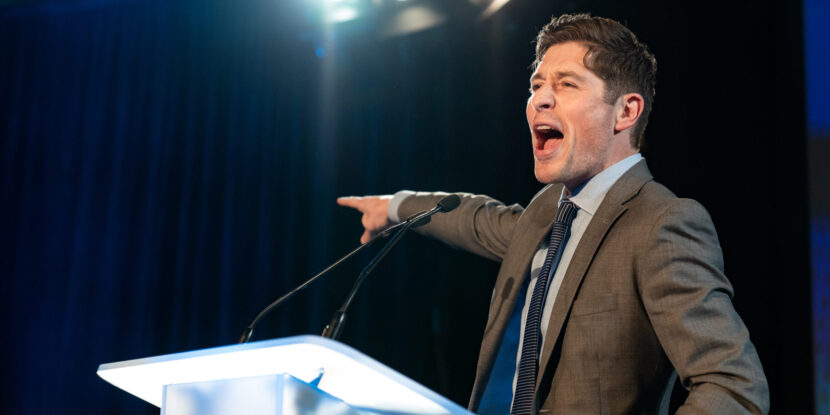Far from addressing labor shortages or fostering innovation, the H-1B visa program has become a tool for corporations to exploit cheap foreign labor, drive down wages, and displace American workers. Tesla’s own skyrocketing use of the program exemplifies these abuses, making it clear the program must end.
Wage Suppression.
The U.S. Department of Labor (DOL) routinely certifies H-1B positions at wage levels far below the local median, effectively undercutting American workers. Sixty percent of all H-1B positions in FY 2024 were certified at wage levels that fell short of local standards. The law grants the DOL the authority to mandate fairer wages, but it has failed to act, allowing systemic exploitation to persist.
This deliberate inaction enables employers to pay H-1B workers as little as the 17th percentile of local wages. While advertised as a program to attract the best global talent, H-1B is structured to maximize corporate profits at the expense of both the American, and migrant workers.
Tesla: A Case Study in H-1B Dependence.
Under Elon Musk’s leadership, Tesla has rapidly climbed the ranks of H-1B employers. In FY 2024, Tesla had 742 H-1B petitions approved for new employment, a dramatic increase from 328 in FY 2023. The company also had 1,025 H-1B petitions approved for continuing employment, reflecting its growing reliance on foreign labor.
Tesla’s Labor Condition Applications (LCAs) reveal the breadth of its dependence on H-1B workers. In FY 2024, Tesla filed requests for roles including:
- 658 manufacturing engineers
- 629 software developers
- 348 mechanical engineers
- 138 electrical engineers

Even non-engineering roles, such as project managers, data scientists, and supply chain analysts, are part of Tesla’s H-1B hiring strategy. The company is believed to have submitted over 3,200 LCAs in FY 2024 alone, illustrating its deep reliance on the program.
A Program Dominated by Corporate Giants.
Tesla is not alone. The H-1B program is dominated by a handful of companies that exploit it for their own gain. Just 30 employers accounted for more than 25 percent of all H-1B petitions approved in FY 2019. Among them are Big Tech giants like Amazon, Microsoft, Google, and Facebook, alongside outsourcing firms such as Infosys and Tata Consultancy Services.
Amazon, the top H-1B employer, had 3,871 H-1B petitions approved for new employment in FY 2024, though even this figure represents a drop from its 6,396 approvals in FY 2022. Tesla, now ranked 16th among H-1B employers, demonstrates how corporate America is leaning ever harder on foreign labor to cut costs.
Outsourcing Firms Exploit Loopholes.
At least half of the top 30 H-1B employers use an outsourcing business model, supplying foreign workers to third-party clients rather than hiring them for in-house needs. These firms—like Infosys and Cognizant—employ H-1B workers at sub-market wages while displacing higher-paid American employees.
High Salaries, Low Standards.
While defenders of the H-1B program point to high salaries—an average of $132,000 annually in computer-related fields—the data tells a different story. Employers can pay the prevailing wage, a legal minimum that is often well below actual market rates. Tesla and other corporations use this rule to their advantage, suppressing wages while claiming compliance with the law.
The Case for Ending H-1B.
The H-1B program is irredeemable. Despite low denial rates—just 2.5 percent for new employment in FY 2024—it continues to erode American labor standards and exploit foreign workers. Attempts to reform it have failed, as the structural flaws are baked into its design.
Tesla’s massive use of H-1B visas highlights the program’s inherent contradictions. It serves not as a bridge to innovation but as a mechanism to cut costs at the expense of fairness and opportunity. The solution is clear: the H-1B program must end. Only then can the U.S. labor market rebuild itself on principles of equity and sustainability.




















